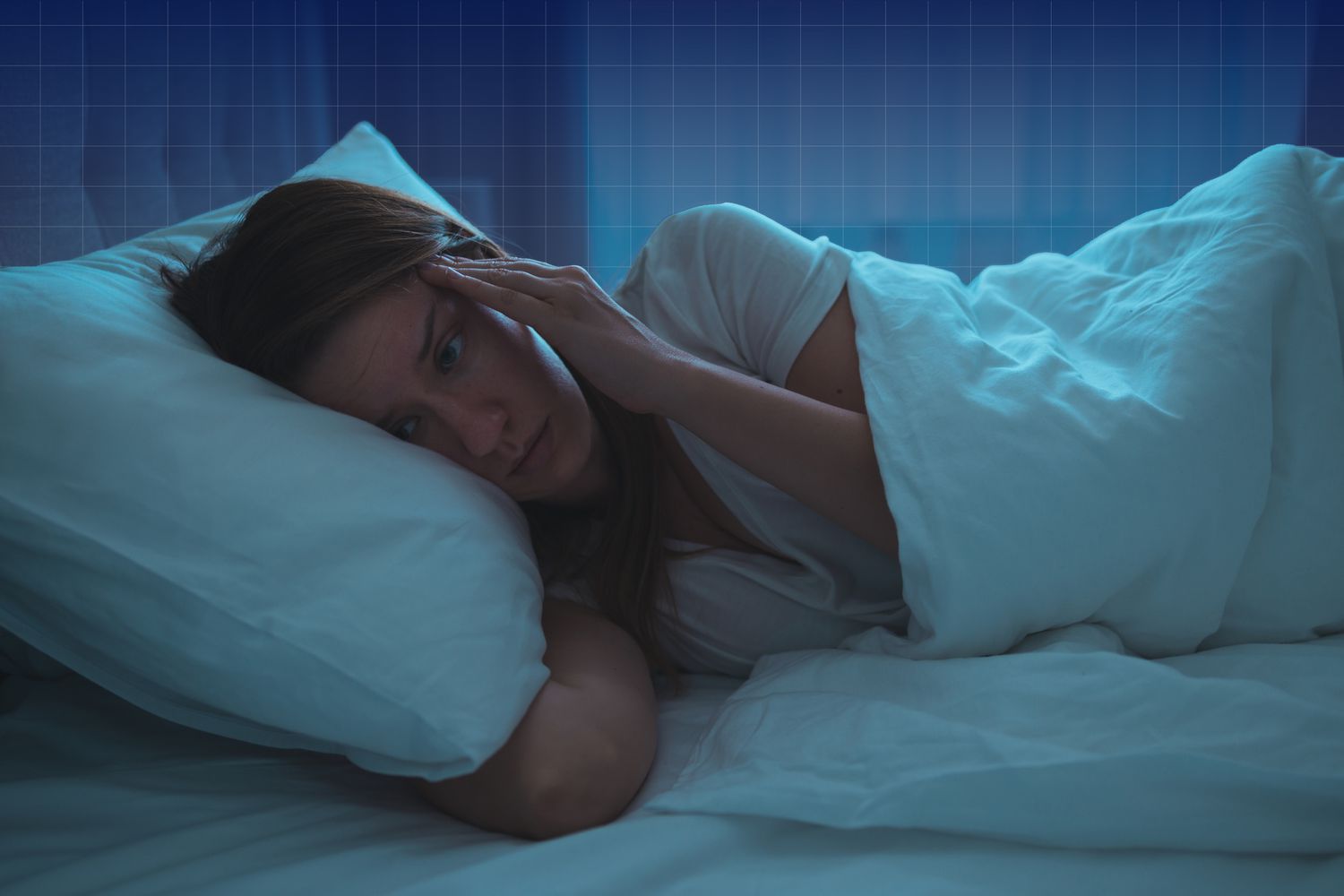Genetic factors play a significant role in how well we sleep. Even though lifestyle and environment contribute, the influence of genetics shouldn’t be overlooked. Certain genes dictate not just how much sleep we need, but also our sleep quality.
Some genes are specifically associated with sleep regulation. For instance, the ‘CLOCK’ gene helps control our circadian rhythms, which are the internal processes that regulate the sleep-wake cycle. Mutations in this gene can disrupt normal sleep patterns, leading to issues like insomnia and shift work disorder.
Sleep disorders often show hereditary patterns. If your family has a history of sleep difficulties, there’s a higher chance you might experience them too. Understanding this hereditary connection can guide how you manage and seek treatment for sleep problems.
Numerous studies have linked specific genetic markers to sleep deprivation. For example, research has shown certain variations in the PER3 gene correlate with chronic sleep deprivation. This type of information is critical for developing personalized approaches to improve sleep health and address related disorders.
How Genetic Variations Impact Sleep Patterns
Our sleep patterns are largely influenced by our internal biological clock, also known as circadian rhythms. These rhythms are controlled by specific genes which dictate when we feel sleepy and when we wake up. Disruptions in these rhythms can lead to irregular sleep patterns and sleep deprivation.
Genetic mutations can have a profound influence on sleep cycles. For example, a mutation in the DEC2 gene is associated with a naturally short sleep duration. People with this mutation can function normally with far less sleep than the average person. Meanwhile, mutations in the BMAL1 gene can lead to delayed sleep phase disorder, where a person’s sleep is delayed by several hours.
There are real-world examples that showcase the impact of genetics on sleep. Take the case of families with a history of narcolepsy, a condition characterized by uncontrollable sleep attacks. This condition commonly has a genetic component, making it prevalent among relatives.
It’s not just about genetics though; environmental factors also play a significant role in how these genetic predispositions manifest. Factors such as light exposure, stress, diet, and lifestyle can interact with one’s genetic makeup, either exacerbating or mitigating sleep issues. Understanding this interplay can help in creating a more holistic approach to managing sleep health.
Identifying Genetic Predispositions to Sleep Disorders
Genetic sleep disorders are more common than people realize. Conditions like insomnia, restless leg syndrome, and narcolepsy often have a genetic component. Recognizing these genetic links can help in managing and treating sleep problems more effectively.
Genetic testing can be a valuable tool in identifying predispositions to sleep disorders. Tests such as genome sequencing can pinpoint specific genetic variations that may contribute to sleep issues. This information can provide a clearer path towards personalized treatment options.
Personalized treatment plans based on genetic insights are becoming more prevalent. For instance, knowing that a patient has a certain gene variant linked to insomnia can guide doctors to recommend targeted therapies, whether they be medication, behavioral strategies, or lifestyle changes.
Research in the field of genetic testing for sleep disorders is advancing rapidly. Scientists are continually discovering new genetic markers associated with sleep issues. These advancements hold promise for more effective treatments and potentially even preventative strategies in the future.
Integrating Genetic Insights into Sleep Management
Leveraging genetic information can play a critical role in improving sleep health. By understanding one’s genetic makeup, it’s possible to make lifestyle adjustments that better align with individual sleep needs. This might involve tweaking sleep schedules, managing light exposure, or altering dietary habits.
Genetic counseling can also be a valuable resource for those with identified genetic predispositions to sleep disorders. A genetic counselor can help interpret genetic test results and provide guidance on effective management strategies. This personalized advice can make a significant difference in managing sleep health effectively.
Innovative genetic therapies are on the horizon. Researchers are working on developing treatments that target specific genes associated with sleep disorders. While still in the experimental stages, these therapies hold promise for more targeted and potentially more effective interventions in the future.
The future of sleep science is likely to see a greater integration of genetics. As we continue to learn more about how genes affect sleep, the potential for targeted treatments and personalized sleep management strategies will grow. This progress could lead to more effective solutions for those struggling with sleep deprivation and other sleep-related issues.

